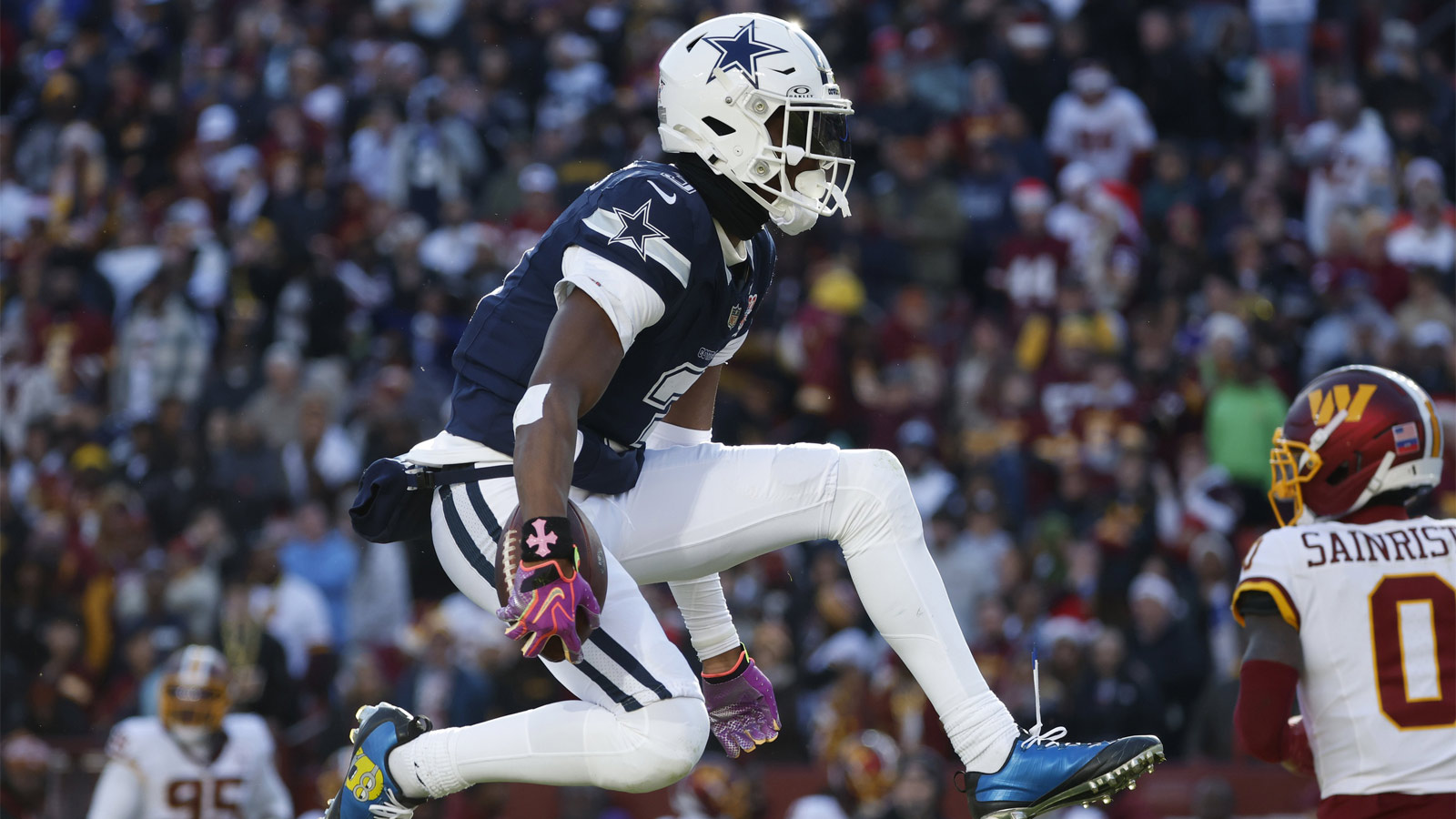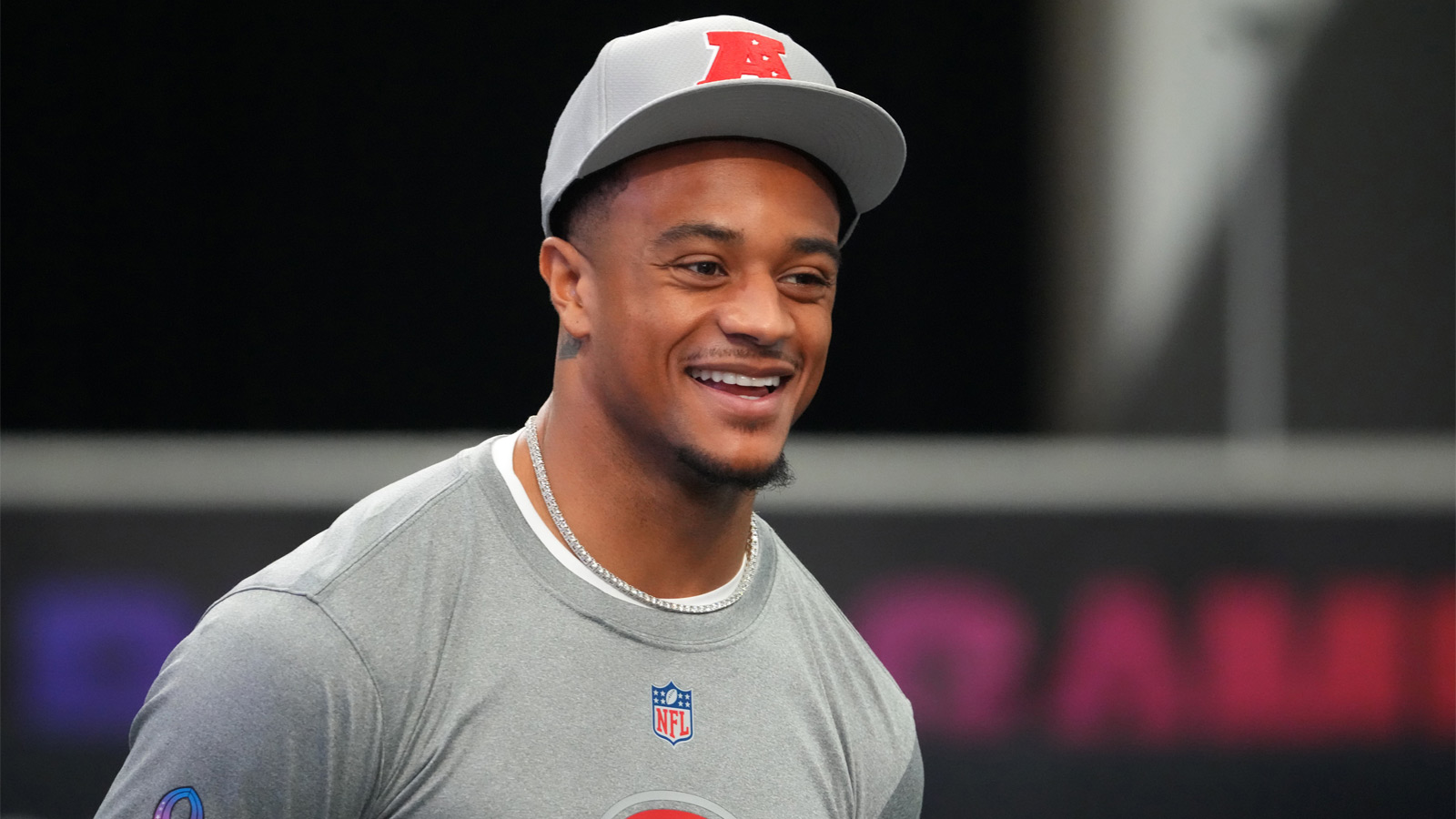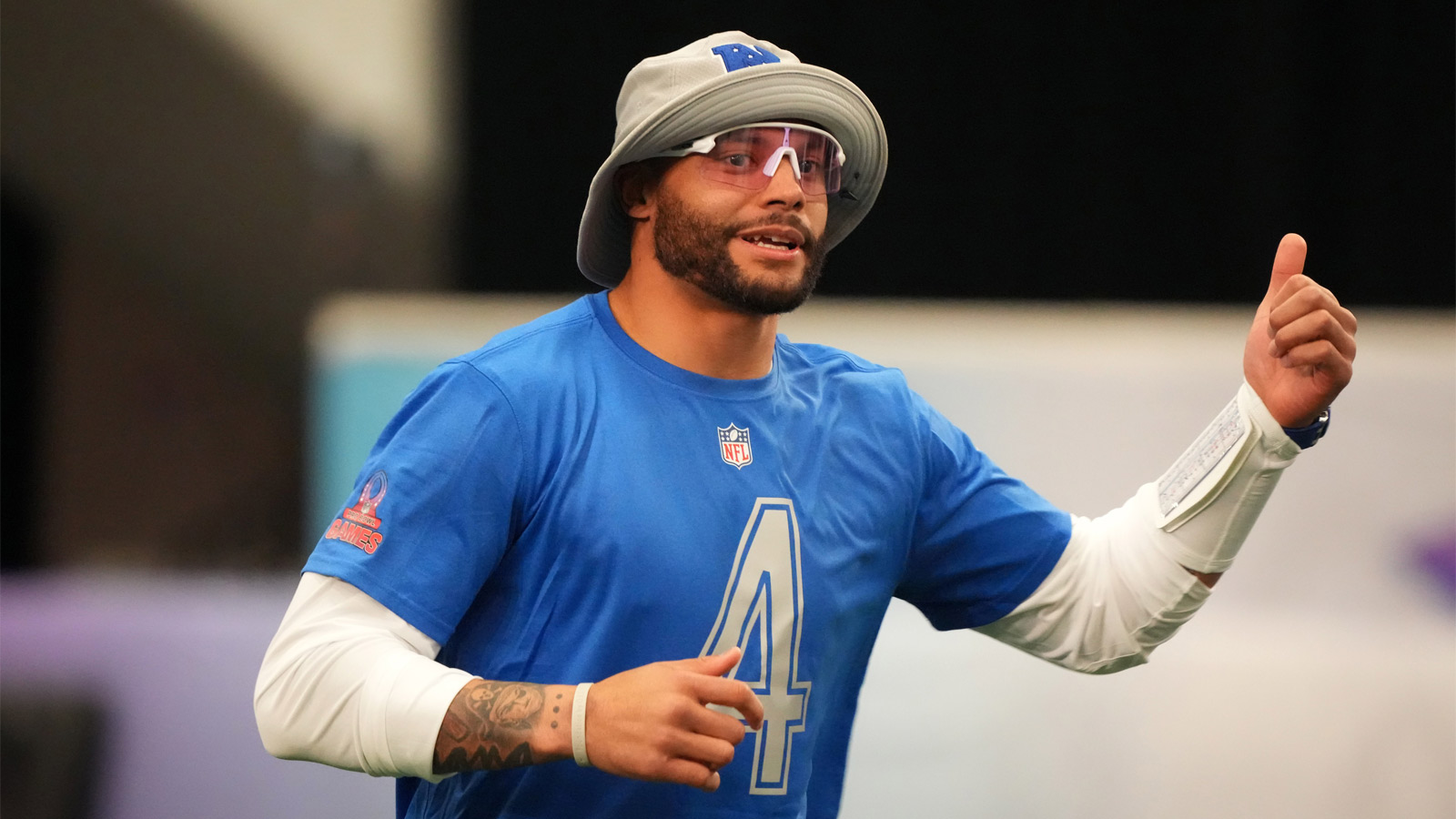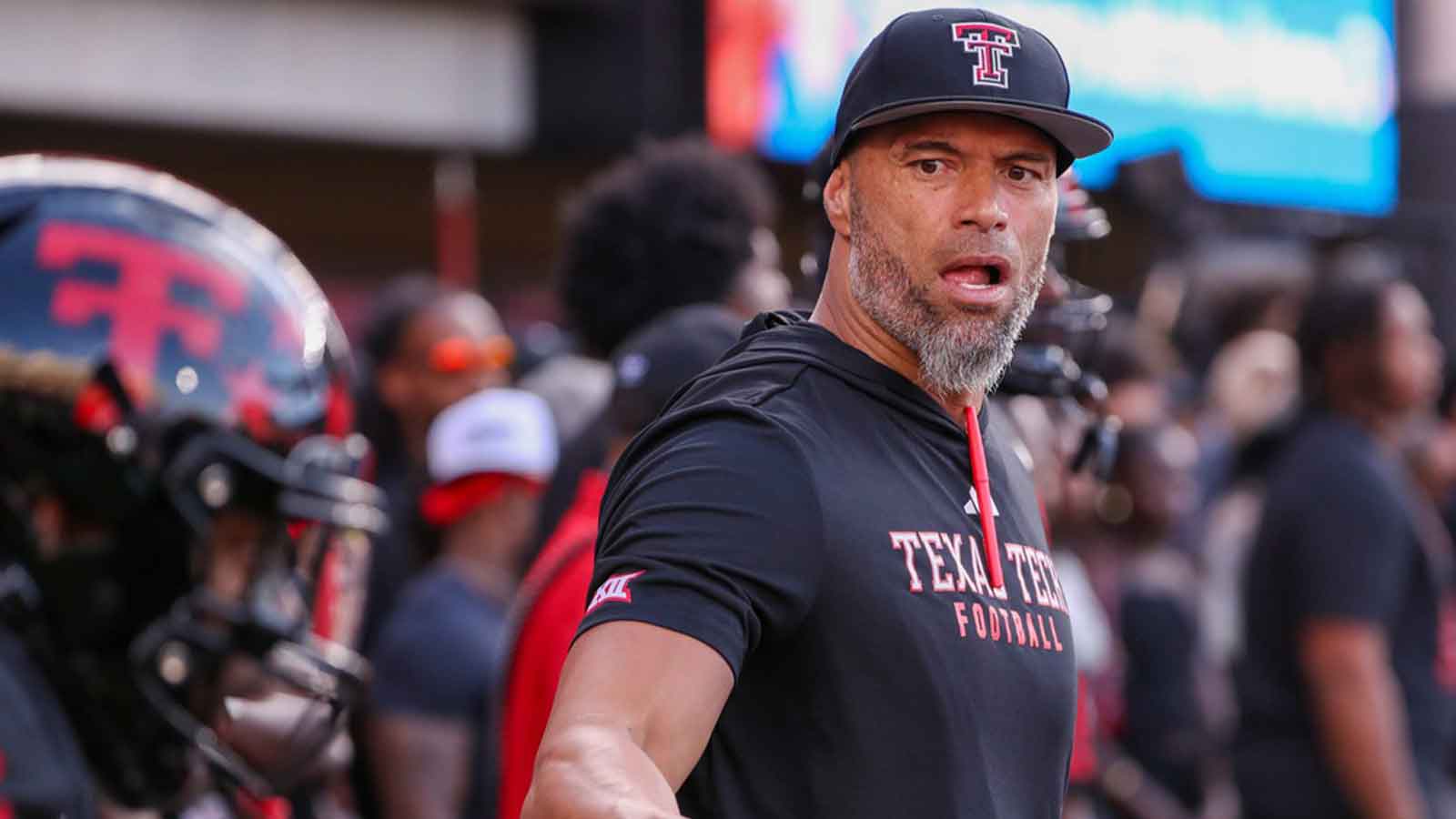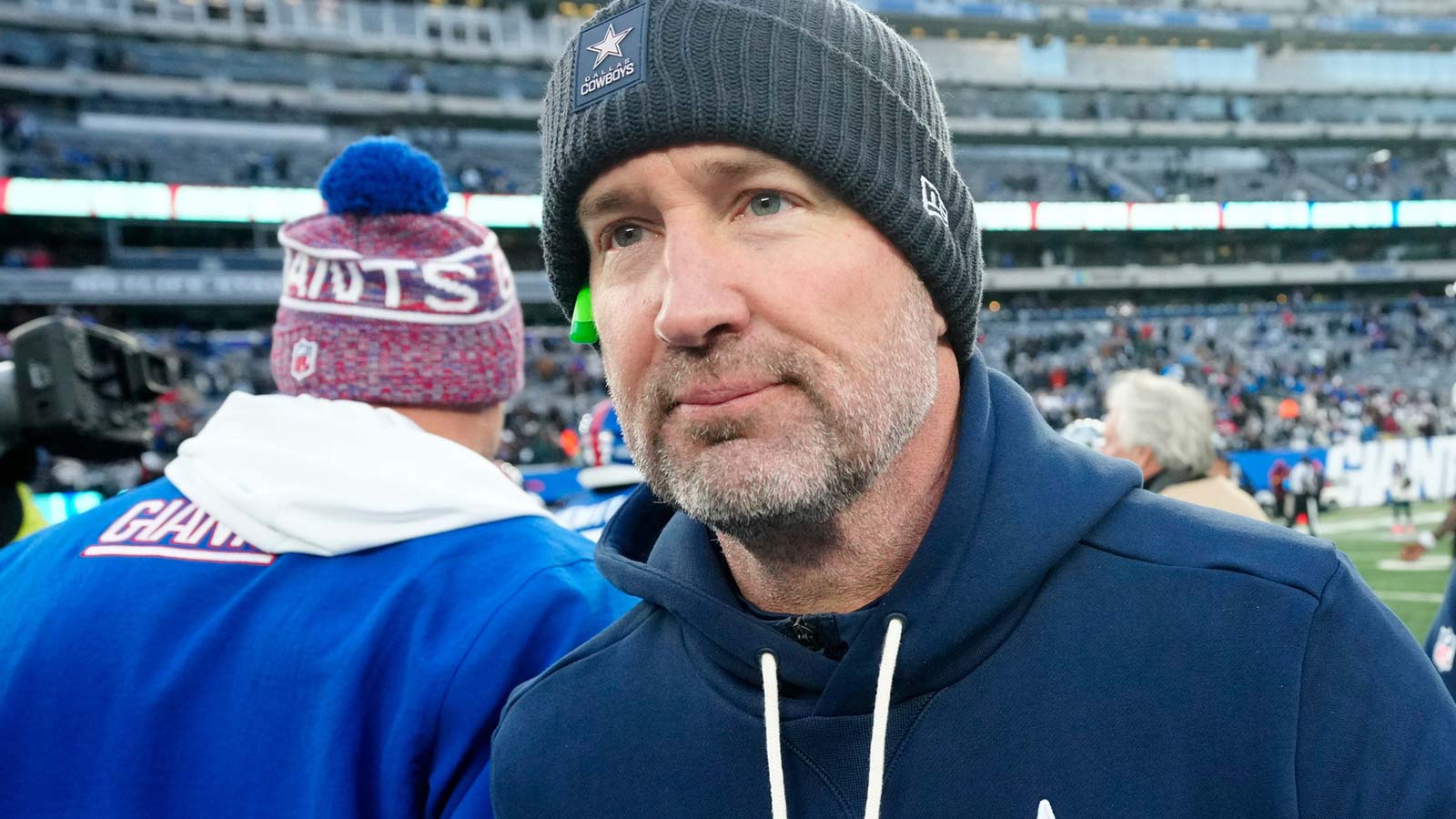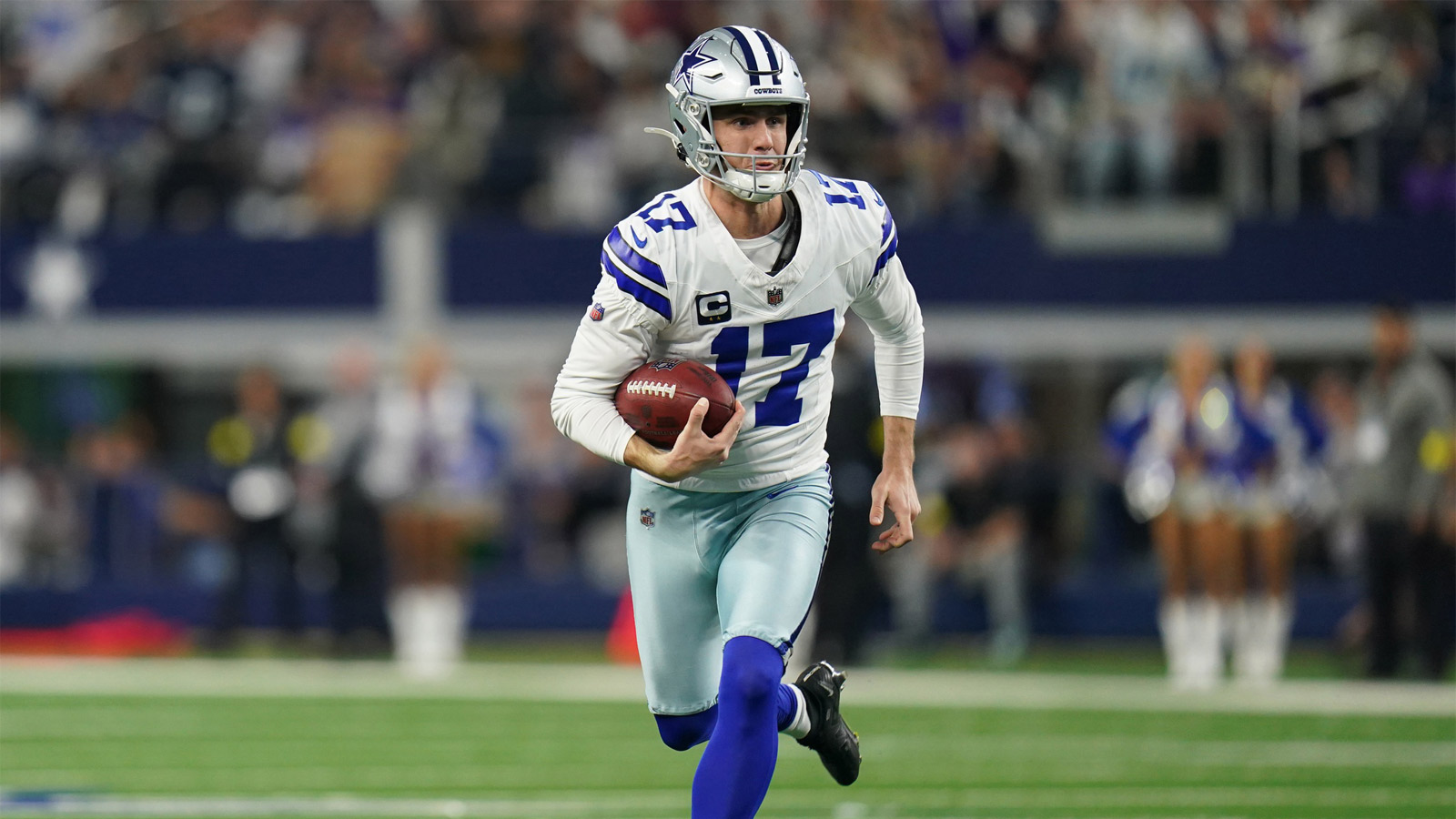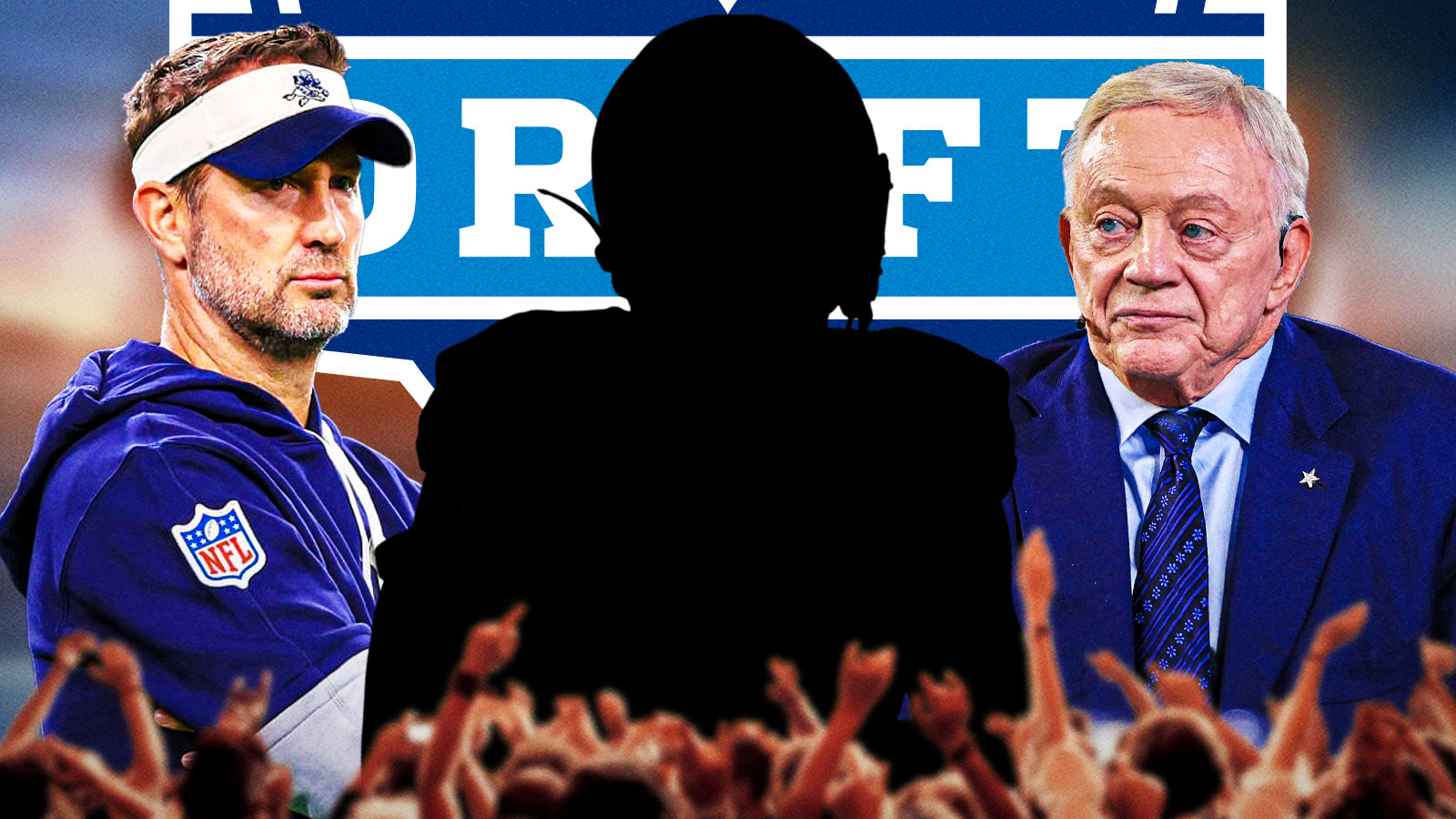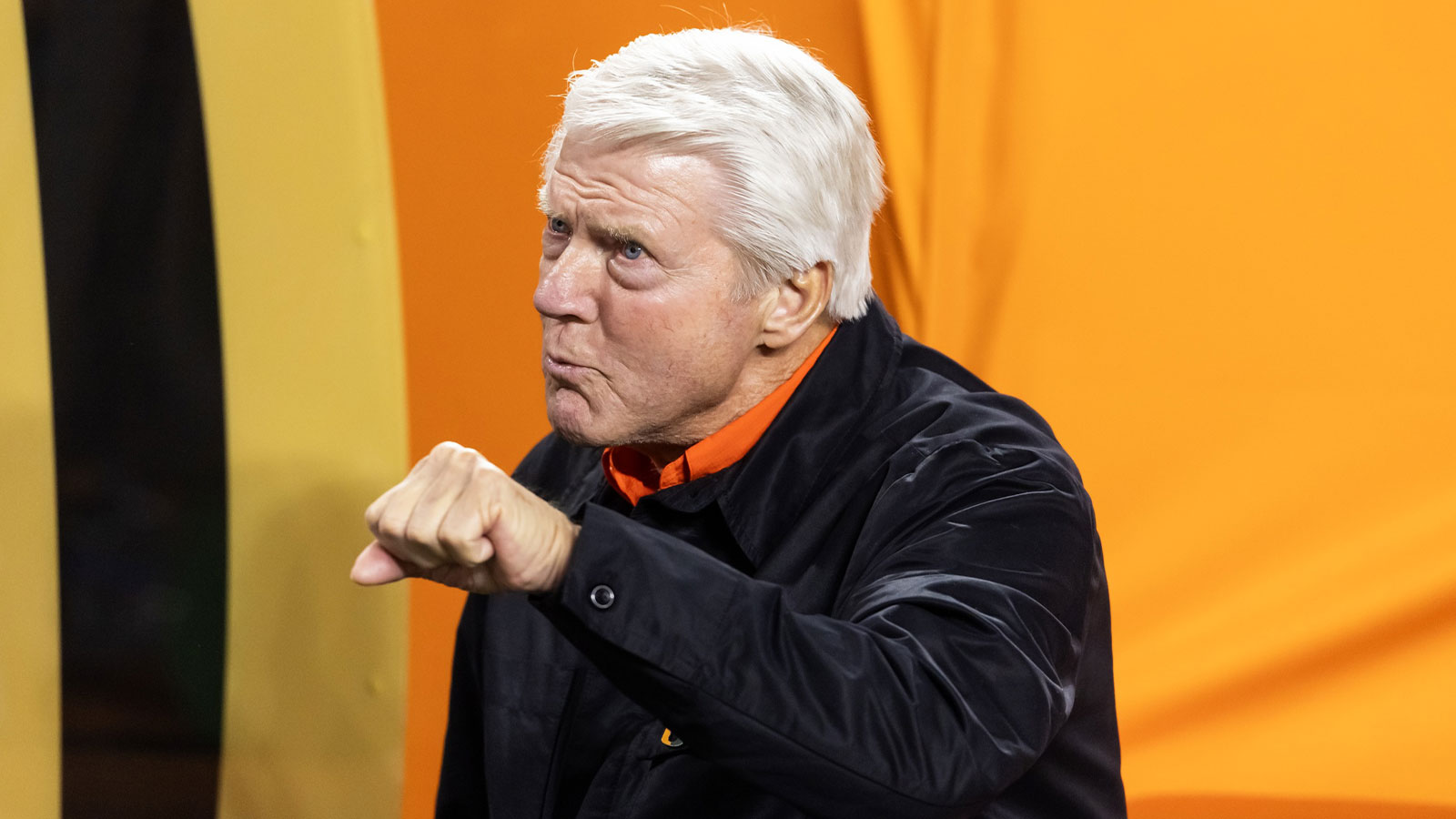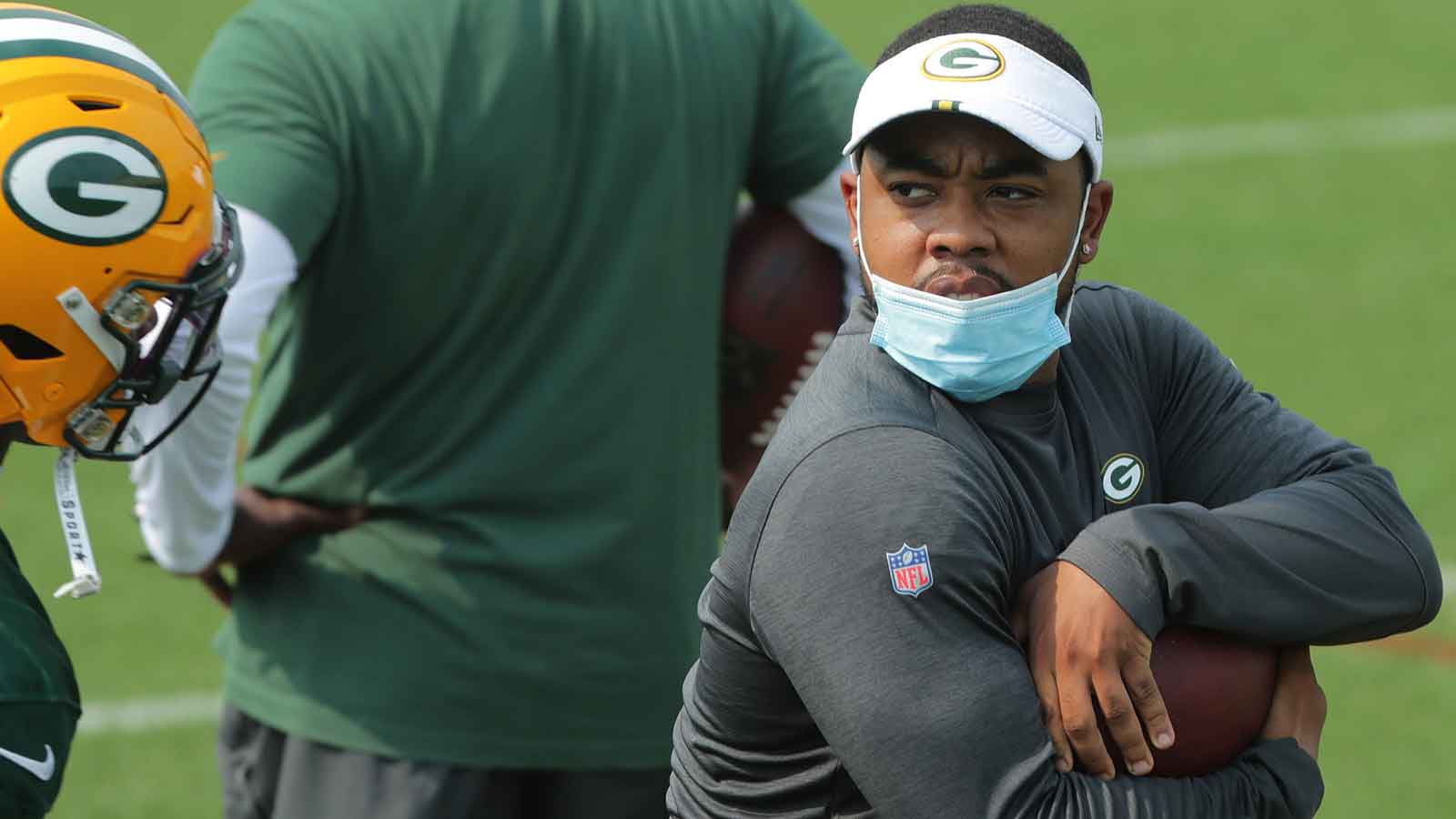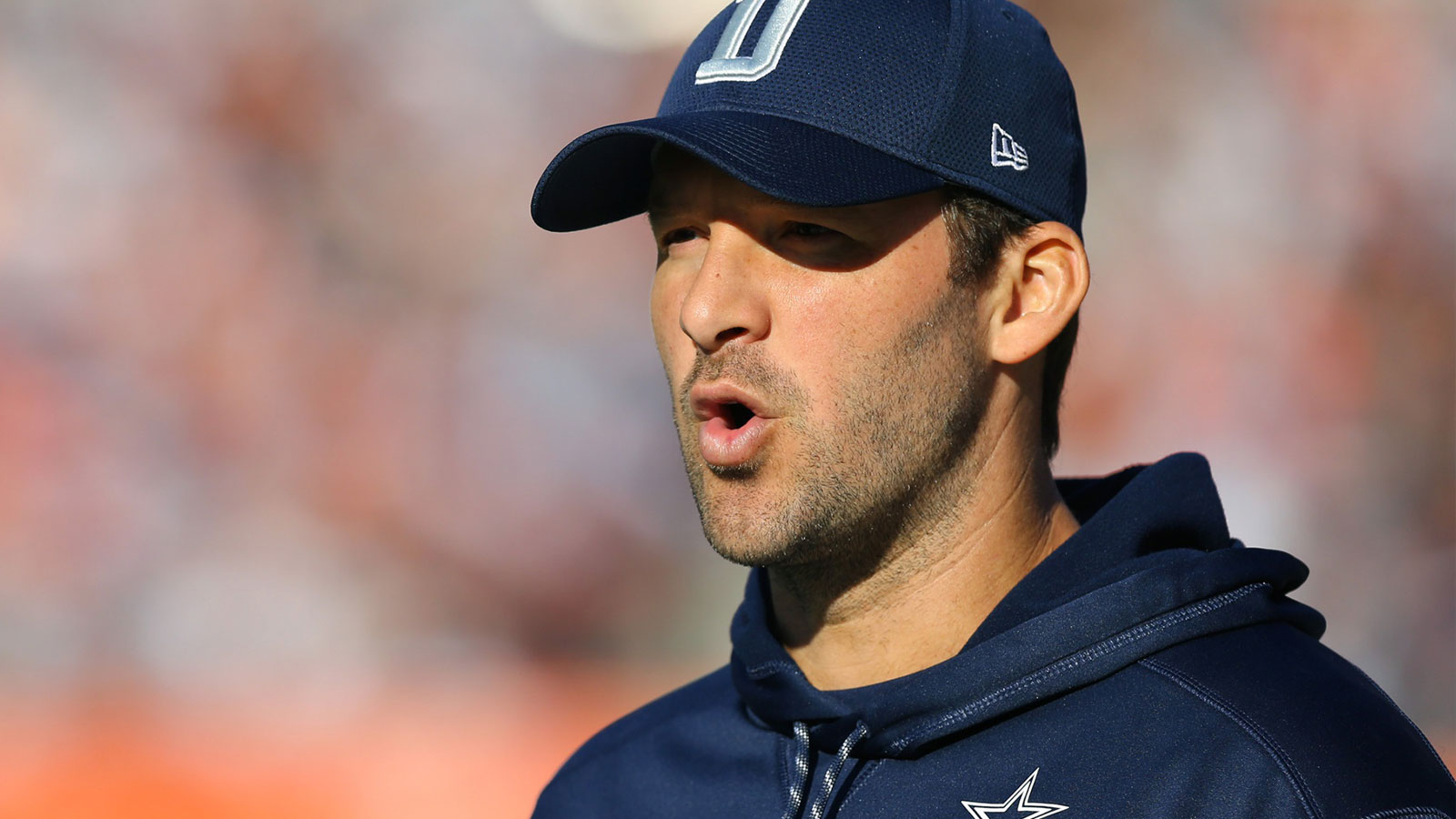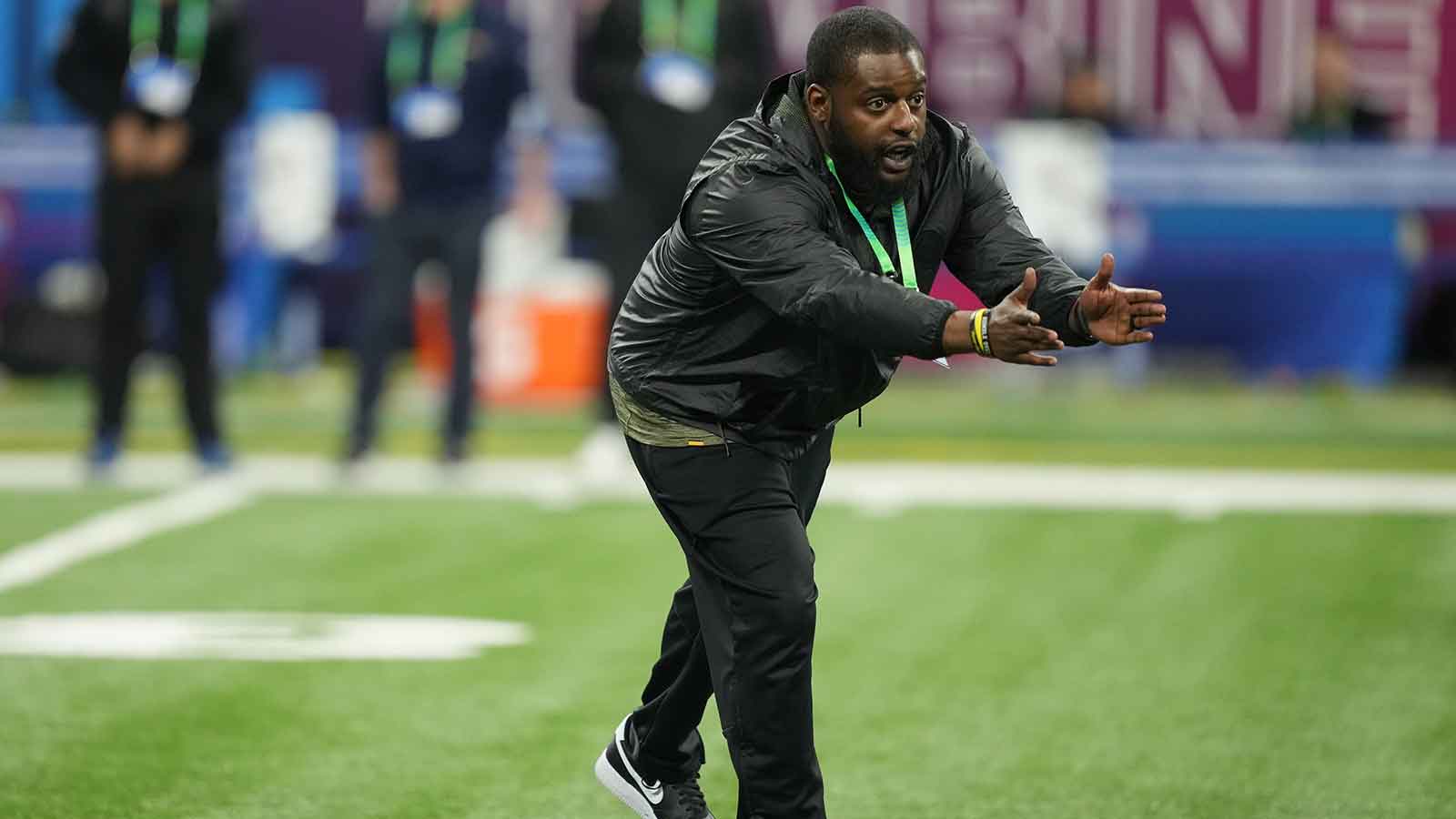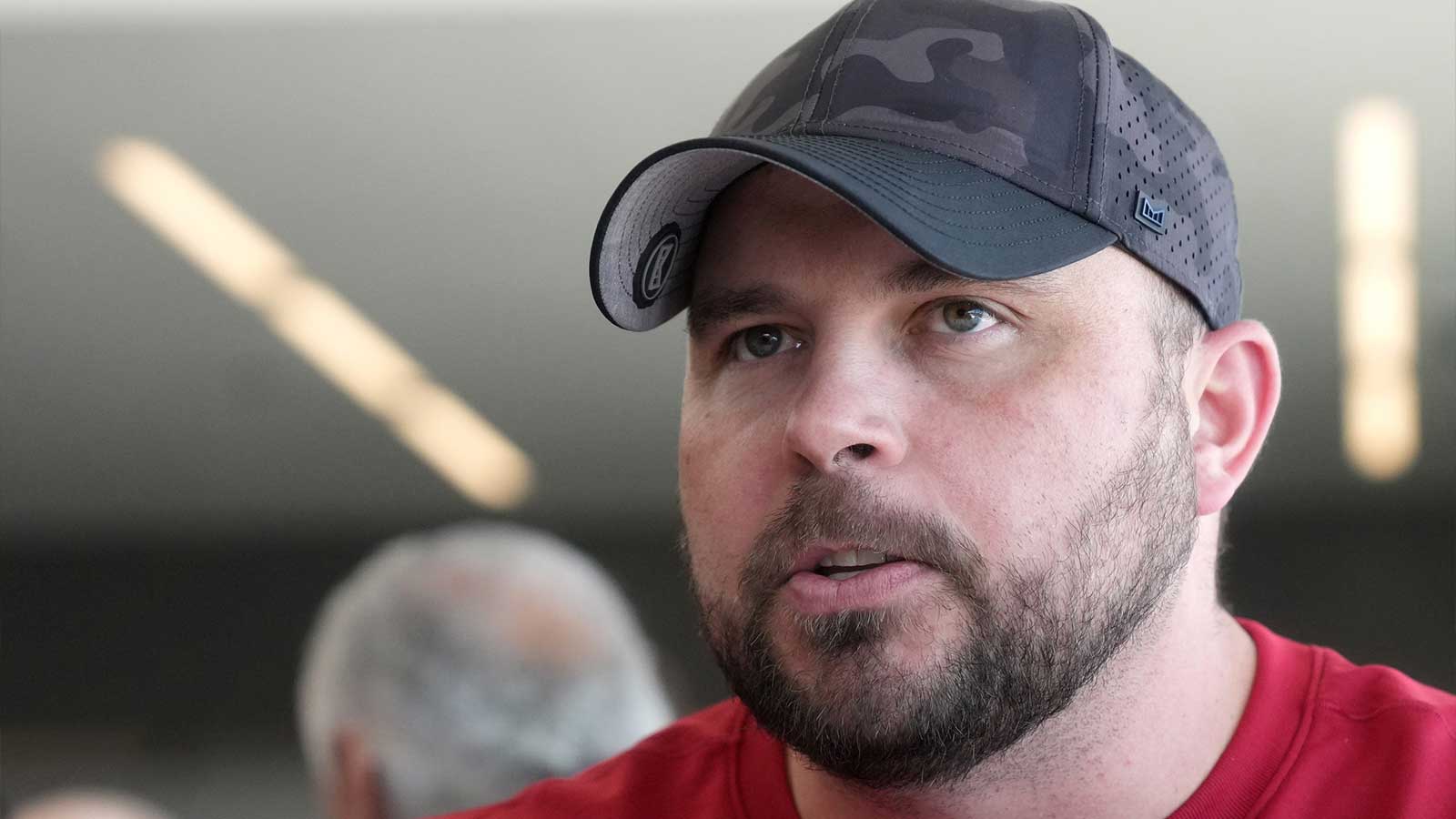The Dallas Cowboys have about as talented of a roster as you'll find in the NFL in 2019, but before they so much as touched down in Oxnard, California for the start of training camp, their season was already facing uncertainty. It's no secret Dallas is in a tough spot with contract negotiations looming for several key players in the near future, but Ezekiel Elliott's decision to follow in Todd Gurley's footsteps only served to further complicate matters for the front office.
By now the notes on Zeke's holdout are pretty well-known: two years remaining on his rookie deal and seeking to become the highest-paid running back in the NFL after a dominant start to his career.
Elliott has led the league in rushing twice already and if it wasn't for a six-game suspension in 2017, he probably would have completed the three-peat. He's an All-Pro running back and integral to the Dallas offense, accounting for more than 37% of the team's total offense last season. In short, he is the engine for the Cowboys.
Entering the offseason, Cowboys Executive Vice President and Director of Player Personnel Stephen Jones suggested the team was prepared to make Elliott the highest-paid running back in the league, stating the team understood that negotiations “start at Todd Gurley's number and go from there.”

Over time, however, he has seemingly attempted to walk back that statement, pointing instead to the deal Le'Veon Bell signed earlier this offseason as the current market comp. To nobody's surprise, this attempted sleight of hand did not go over well with Elliott and the back has subsequently dug in further on his desire to surpass Gurley's deal. He's even willing to hold the team's championship-contending season hostage in order to get it.
The truth is that both sides need one another, but in the salary cap era, there's only so much “pie” that can go around at the dinner table. The Cowboys need Elliott if they're going to return to and potentially win the Super Bowl, while Elliott needs Dallas if he hopes to get paid the kind of money he's seeking. This is because the running back position has been devalued league-wide in recent years, with many franchises simply turning to the early rounds of the draft to get a fresh pair of legs rather than dolling out big money to established runners.
So while Dallas has not necessarily subscribed to that philosophy, as seen not only by their decision to take Elliott with the fourth overall pick in the 2016 NFL Draft, but by largely building their offense around him. The problem? People haven't forgotten DeMarco Murray's departure following the 2014 season.

Like Elliott, Murray was once the engine of the Cowboys offense, setting the franchise's single-season rushing record while being a legitimate MVP candidate and leading the league in rushing. All throughout his final season in Dallas, the front office told us they would get something worked out that summer, but as time stretched on and the Cowboys ran the Oklahoma product into the ground, it became clear that wouldn't be the case. At least not if Murray wanted his fair-market value on his next deal.
Murray had earned himself a sizable payday, but the Cowboys weren't willing to shell out more than $25 million over the course of four years. In the end, Murray would take Philadelphia's five-year, $42 million offer, becoming a cautionary tale for running backs who were used up and tossed aside by their teams. So it's safe to assume Murray's name has popped up a time or two between Zeke and his representatives throughout his ongoing holdout.
Elliott recently retweeted former Brown Joe Thomas' tweet about not only becoming the highest-paid running back but doing so by as much as 20%.
Throughout the course of NFL history, if you are the best player at your position (or clearly one of the best) when you re-sign a second contract with the team that drafted you, you usually beat the highest paid current contract at your position by 15 to 20%.
— Joe Thomas (@joethomas73) August 23, 2019
If this were to come to pass, Zeke would end up signing roughly a four-year, $69 million contract – a ghastly figure for any team to pay a running back. To be clear, that would translate to $17.25 million per year. That's a tough pill to swallow for a team still trying to come to terms with its Pro Bowl quarterback and wide receiver, not to mention defensive back Byron Jones.
Even if Dallas were to sign a contract similar to this with the intention of drafting Zeke's replacement, the sheer size of his deal would make it a difficult trade. Again, not many teams pay top dollar to running backs anymore. So as Dallas approaches its season opener with the New York Giants, they find their hands somewhat tied by their star running back.
The team controls Elliott for at least the next two seasons with the option to franchise him even beyond that, but every week his holdout drags on, their dream of a sixth Super Bowl title is put at further risk. Their only solution is to mortgage the future in the hopes of winning it all now.









